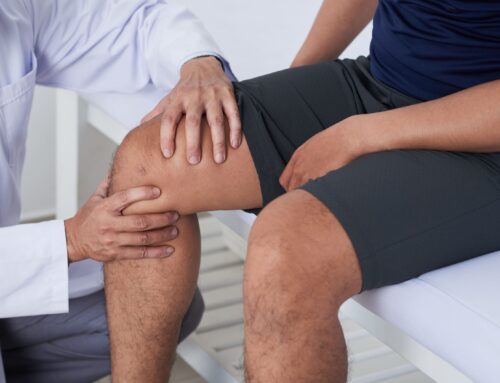Vitamin B12
March 22, 2020
Vitamin B12
Vitamin B12 is a powerhouse. It helps make DNA, nerve and blood cells, and is crucial for a healthy brain and immune system. Your metabolism wouldn’t run smoothly without it. But B12 isn’t like other vitamins. It’s only found in animal products like eggs, meat, shellfish, and dairy. Up to 15% of people don’t get enough B12, and they’re more likely to be vegetarians, have celiac disease or other digestive issues, or be an adult over 50.
The signs of vitamin B12 deficiency include exhaustion, rapid heartbeat, brain fog, and other symptoms, Maggie Moon, RD, a Los Angeles–based nutritionist and owner of Everyday Healthy Eating, tells Health. Read on to find out more about the causes, symptoms, and cures for a vitamin B12 deficiency.

B12 Deficiency
Depletion of your vitamin B12 stores leads to nerve damage. No wonder pins and needles in your hands and feet, shaky body movements, and trouble walking are all consequences of long-term B12 deficiency, says Middleberg. Like so many other B12 deficiency signs, these can be attributed to other causes, including old age. The only way to know for sure is to see your doctor for a test.
“B12 plays an important role in white blood cell production, and white blood cells are essential for proper immune system functioning,” says Middleberg. Not only can a lack of B12 lower your immunity, some immune system disorders can increase your likelihood of becoming deficient. Graves’ disease, for example, an autoimmune condition of the thyroid causing hyperthyroidism, is a risk factor for developing pernicious anemia, which in turn leads to B12 deficiency.
Adults Over 50 Are Also At Risk
As you age, your stomach produces less acid, and stomach acid is key for B12 absorption, says Middleberg. About one in 31 adults over 50 are deficient, estimates the Centers for Disease Control and Prevention. “Older individuals also often have poorer appetites and food intakes, and they may be on medications (such as heartburn meds) that can further reduce stomach acid levels,” she says. In fact, some seniors actually lose the ability to absorb vitamin B12 from food completely, and they must get it via supplements or, if the deficiency is severe, injections.




